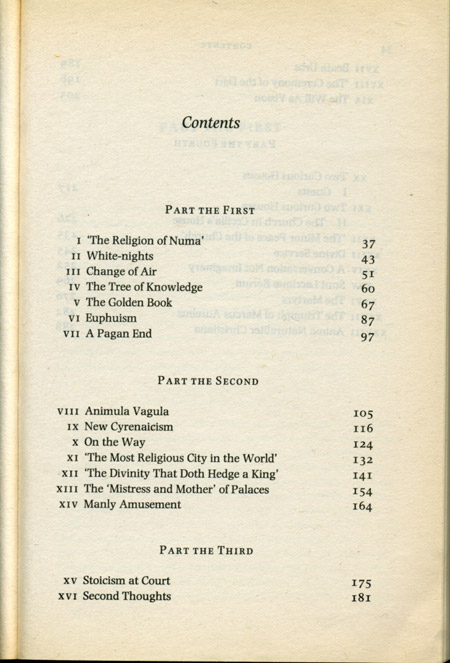“ ‘You know, strictly speaking, your copy won’t be a copy.’
‘Why not?’
‘Because,’ she shifts her weight as she turns to face him, ‘copying has always been part of the culture of the icon. These zographs travelled . . .’
‘Zoo graphs?’
‘Zographs: icon painters. Vitan, Nedelko, Chevinodola, the Zaharievs, and hundred of minor ones whose names I can’t remember . . . . They travelled around carrying little more than their tools and the Hermeneia, and they . . .’
‘Carrying the what? The Ermenia?’
‘The Hermeneia, with an H: the zographs’ rule book. It supposedly originated on Mount Athos, in Greece. They’d travel around, redoing already existing subjects: literally copying older paintings. So you get the same images repeating down centuries, mutating slightly with each iteration.’
‘So Anton’s one’s a copy too?’
‘Well, yes – but beyond that, for zographs, copies aren’t secondary pieces. They’re iterations of the same sacred event. Each time you iterate you partake of the event: belong to it, as much as the last iterator did. But . . .’ ”
(Tom McCarthy, Men in Space, p. 111.)




